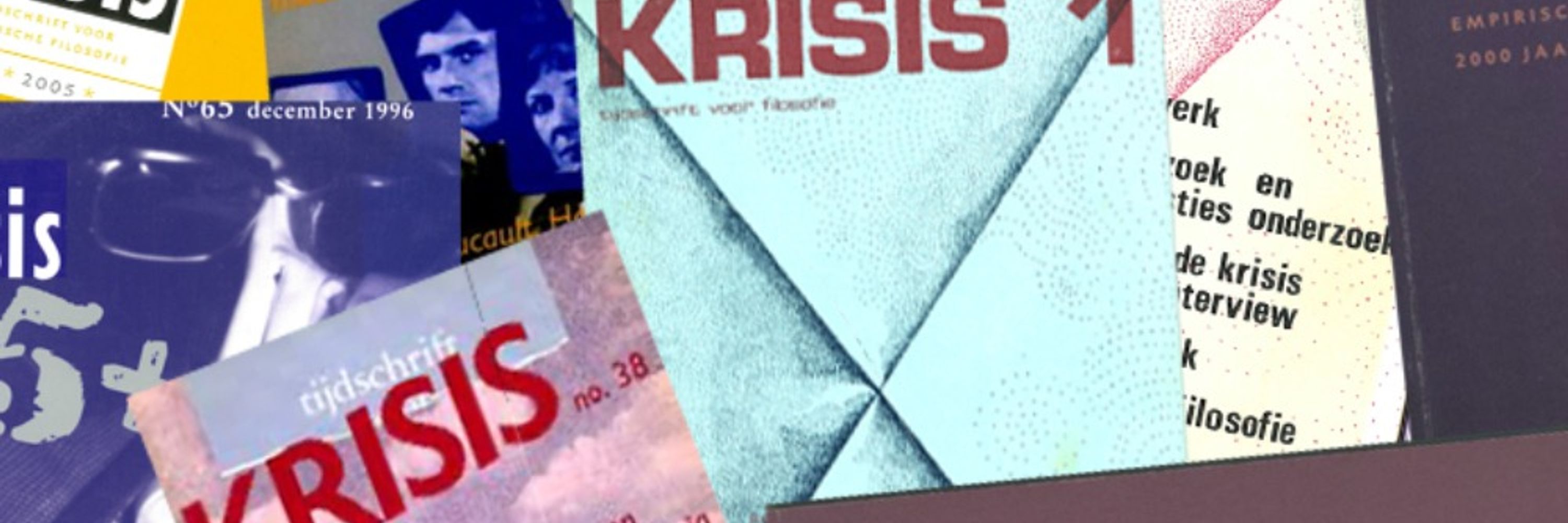
krisis.eu
Open Access journal for contemporary philosophy (NL/EN)
Published by University of Groningen Press
Subscribe to our newsletter: https://list.uva.nl/postorius/lists/krisis-newsletter.list.uva.nl/
We are extremely grateful to the sixteen new donors who have kindly agreed to support Krisis, either on an annual basis or with a one-off donation. With the support of our existing and new donors, we will be able to continue publishing this year. (15/18)
We are extremely grateful to the sixteen new donors who have kindly agreed to support Krisis, either on an annual basis or with a one-off donation. With the support of our existing and new donors, we will be able to continue publishing this year. (15/18)
https://krisis.eu/article/view/42307
Acknowledging existing critiques of classical Enlightenment notions of progress, Jaeggi re-imagines (12/18)
https://krisis.eu/article/view/42307
Acknowledging existing critiques of classical Enlightenment notions of progress, Jaeggi re-imagines (12/18)
Offering a more immanent normative criterion for seeing how positive change is possible against the global emergence of new reactionary (11/18)
Offering a more immanent normative criterion for seeing how positive change is possible against the global emergence of new reactionary (11/18)
https://krisis.eu/article/view/41338
He praises Toscano’s attempt to rethink the fascist problematic (including its historical relation to racial capitalism) and liberate it from simplistic historical analogies, but finds (10/18)
https://krisis.eu/article/view/41338
He praises Toscano’s attempt to rethink the fascist problematic (including its historical relation to racial capitalism) and liberate it from simplistic historical analogies, but finds (10/18)
https://krisis.eu/article/view/42390
(9/18)
https://krisis.eu/article/view/42390
(9/18)
https://krisis.eu/article/view/41462
(7/18)
https://krisis.eu/article/view/41462
(7/18)
https://krisis.eu/article/view/41119
(4/18)
https://krisis.eu/article/view/41119
(4/18)

